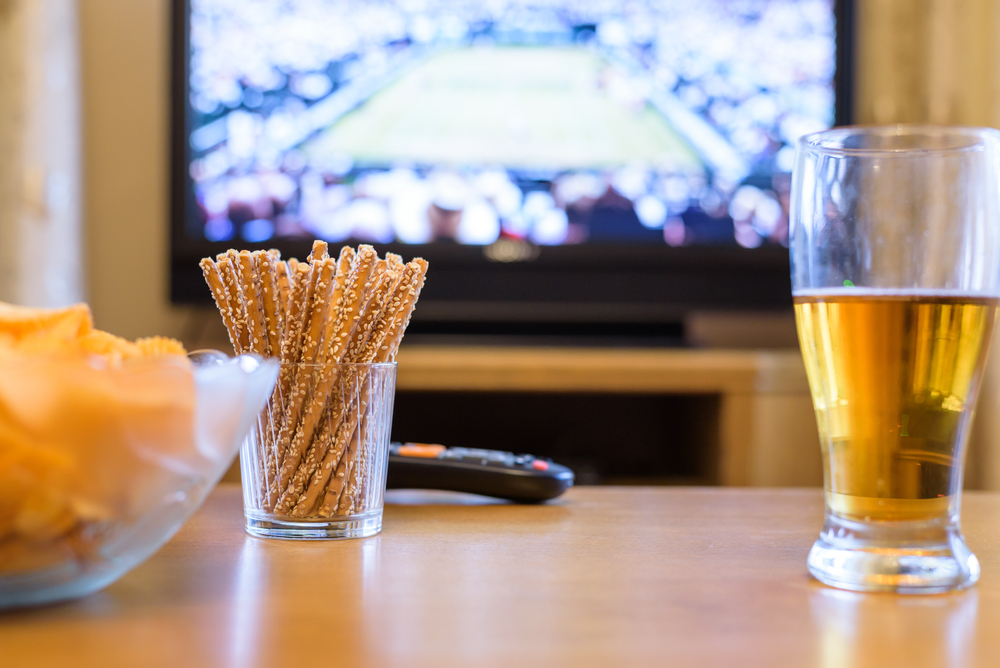
The latest ONS figures show retail sales volumes increased by 0.5 per cent in July, driven by department stores (up 4.0 per cent) and sports equipment stores (up 3.5 per cent). However, clothing and household goods both saw a decrease of 0.6 per cent.
Jacqui Baker, head of retail at RSM UK and chair of ICAEW’s Retail Group, said: “The UK summer finally made an appearance in July, allowing households to dust off their barbeques. The summer of sport inspired consumers to invest in new sports equipment as Euros, Wimbledon and Olympic fever swept the nation. July’s General Election result also provided consumers with some certainty and further improved consumer confidence.
“Despite this, not all retail categories benefitted from a boost last month, with consumers continuing to put off purchases of big ticket items. The hope is that as the housing market gains momentum, so too will sales in household goods, as consumers look to kit out their new homes.
“In addition, with rising real incomes and lower tax and interest rates expected to start feeding through to consumers’ pockets, the cumulation of these factors point towards stronger growth in consumer spending, so there is reason to believe this summer feeling will continue for the retail sector.”
Thomas Pugh, economist at RSM UK, added: “The rise in retail sales volumes of 0.5 per cent m/m is encouraging and suggests that rising real incomes and improvements in confidence are feeding through into sales. Indeed, sales volumes are up by 4.4 per cent since December, but significantly below pre-pandemic levels.
“We are optimistic that sales volumes will improve over the next eighteen months. So far, the economic recovery in the first half of this year has been driven by government spending and investment, while consumer spending is still relatively muted. But that should change over the rest of this year. Rising real incomes will put households in a much better financial position and growing confidence and falling interest rates means they are more likely to spend rather than save that increase in incomes. Plus, after a protracted period of low retail sales following the pandemic, consumption patterns will probably start to shift back towards retail goods as the need to replace goods and an improving housing market drive demand.”
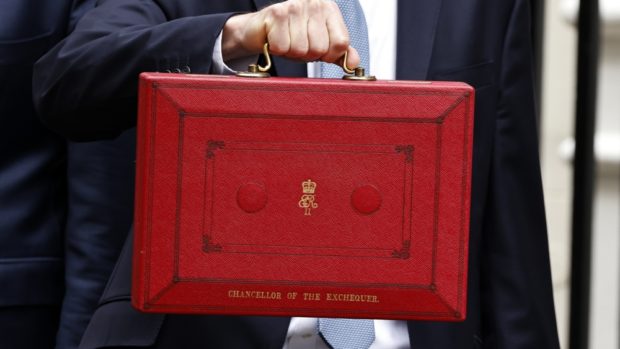

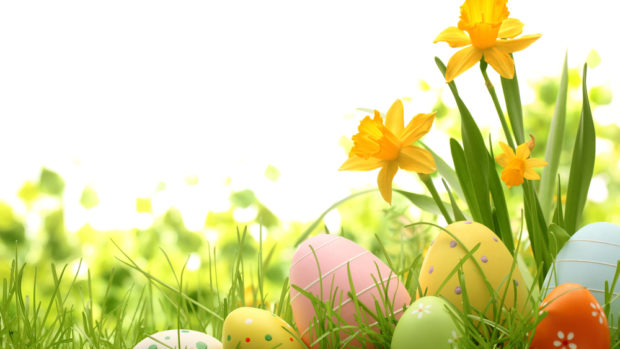

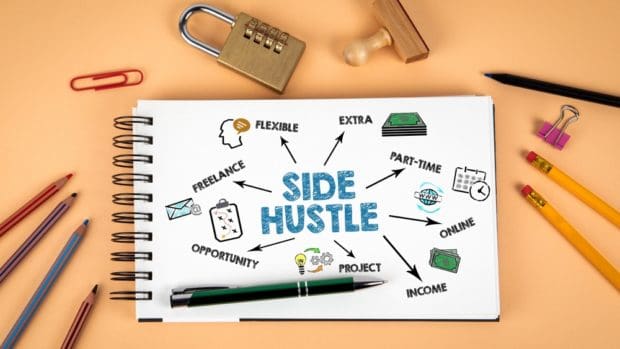
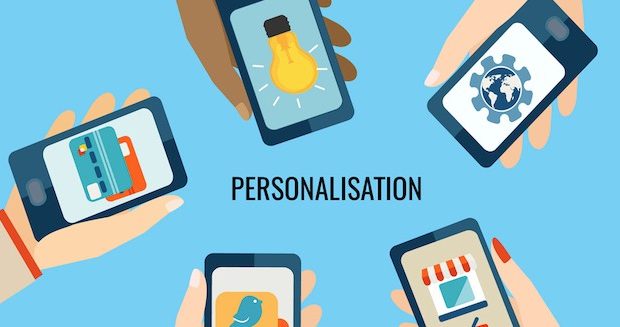
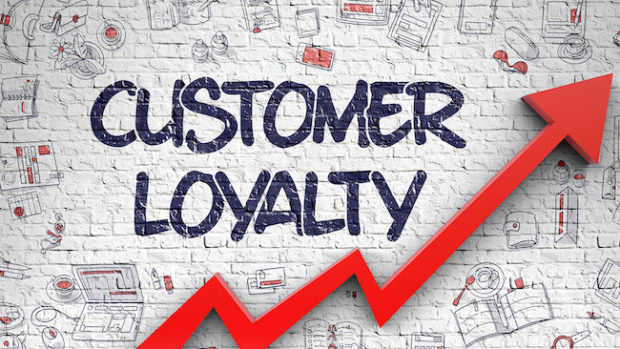
Share